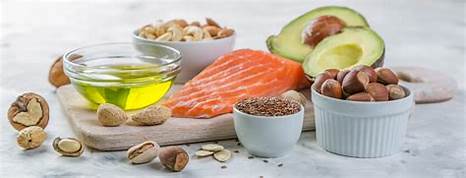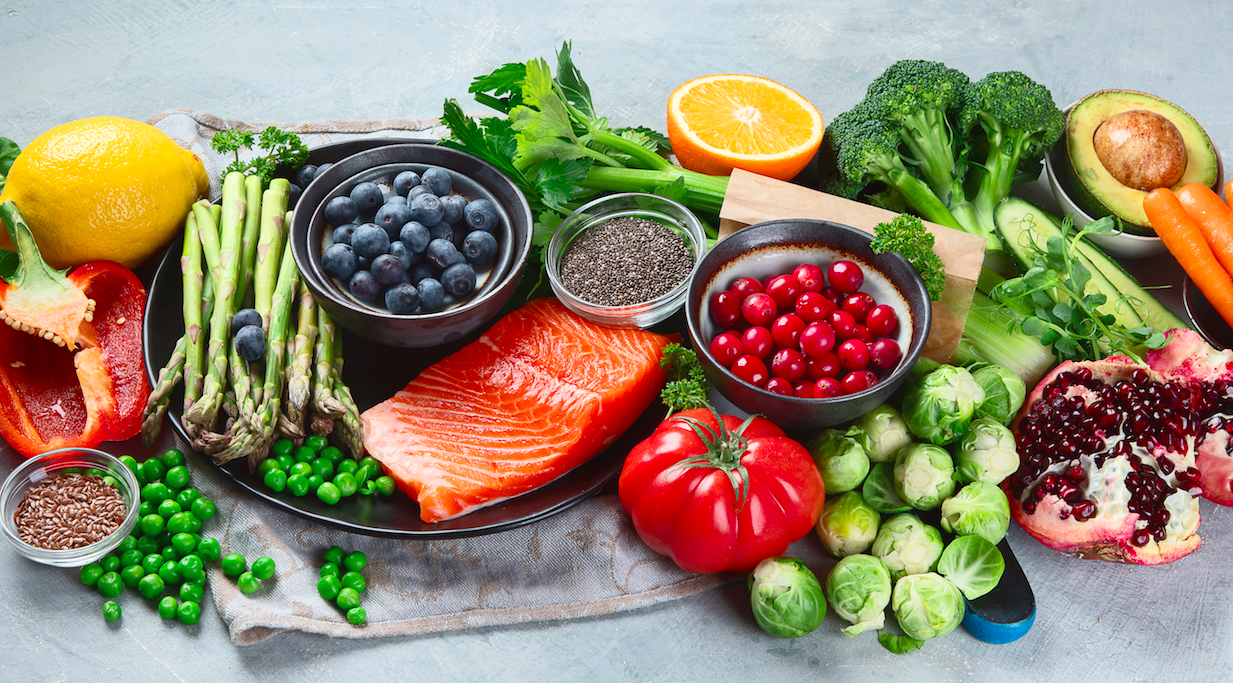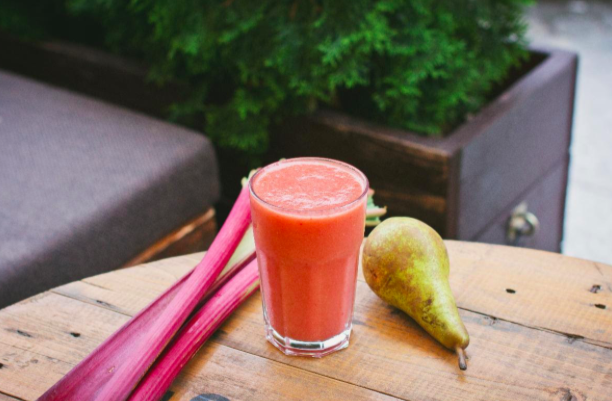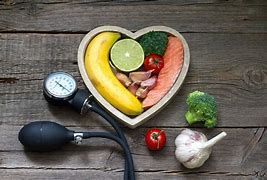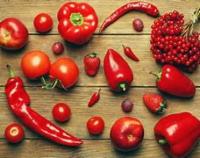A Deeper Dive into Food Sensitivities
By Dana Bosselmann, MA, RDN, IFNCP
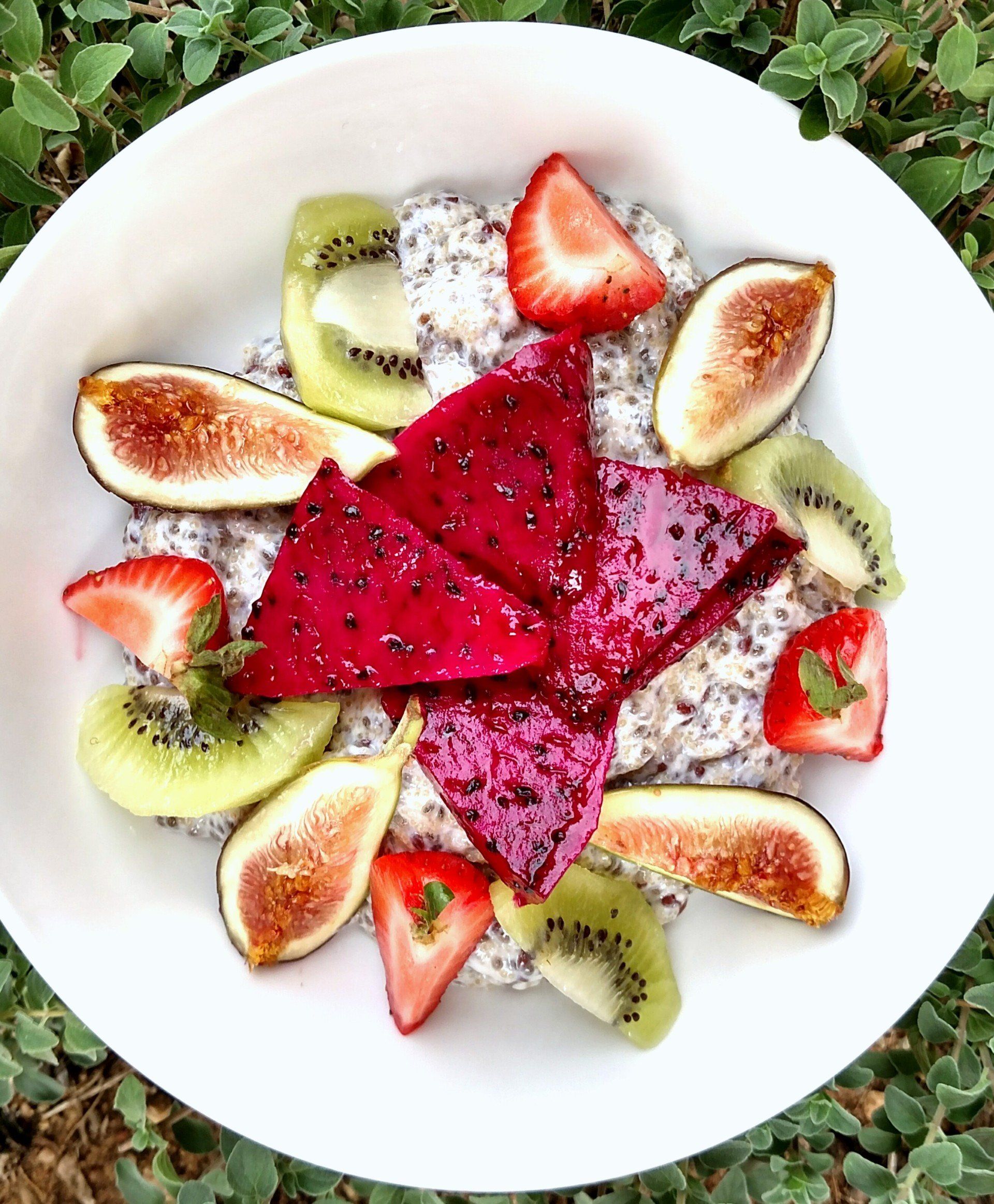
My mantra is ‘We are not what we eat, we are what we absorb’. We turn to food for comfort, for celebration, for connection and because we are simply hungry! It can be our best medicine, nourishing our bodies from the inside out or sending signals of inflammation that cause a ripple effect of dysfunction across all organ systems
Often I see patients who are eating a ‘clean, plant based diet’ who do not feel well and cannot find a reason as to why. Unexplained symptoms may be present such as brain fog, joint pain, headaches/migraines, vitamin or mineral deficiencies upon testing micronutrient levels, acne, rashes, eczema, frequent infections, fatigue, stubborn weight loss and more.
Turning to a food sensitivity test may help uncover the root cause of these concerns. This type of test looks at delayed reactions from the immune system that are not easy to pinpoint at any certain point in time. This is different from a food allergy, which results in an immediate, and potentially life threatening reaction from the immune system known as an anaphylactic (e.g., trouble breathing, throat swelling) that requires an immediate intervention.
Because we now know that the vast majority of both physiological and psychological distress originates in the gut, it makes sense to ‘stop poking the bear’ or the immune system, 80% of which is found in the gut. The immune system may become provoked by the perfect storm – chronic stress, poor sleep, a nutrient deficient diet, lack of exercise, not feeling a sense of purpose or belonging – and lead down the path to what is called intestinal permeability or leaky gut.
Leaky gut contributes to systemic inflammation by allowing food particles and other foreign proteins to escape the inner tube of the gut and ‘leak’ through the gut wall to trigger an immune response. This systemic response results in the list of unexplained symptoms that seem unrelated but often is not the case.
By learning what your unique food sensitivities are, it is possible to adopt a personalized elimination diet to allow for a 3 month or longer healing period. During this time it is ideal to work with a practitioner who can guide you through the process and support the changes needed to not only remove the trigger foods but to craft a gut healing protocol that supports the diversity needed for a healthy microbiome.
Often, my patients can feel overwhelmed with these changes. To ease the stress of adopting a new way of eating I direct them to Celine Fabre, a professionally trained chef who has extensive experience in creating therapeutic diets for my patients based on their unique test results.
Food sensitivities are not forever, especially when addressed in a systematic and mindful fashion moving through the stages of awareness, elimination, and reintroduction.
For more information on how you can be tested and work with a functionally trained dietitian, contact Dana Bosselmann at dana@lifescapepremier.com at LifeScape Premier to learn more about how she can help you on your path to optimal wellness.
